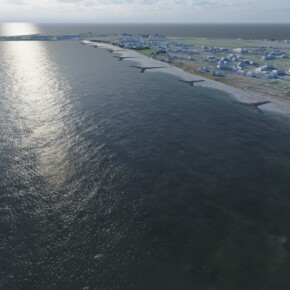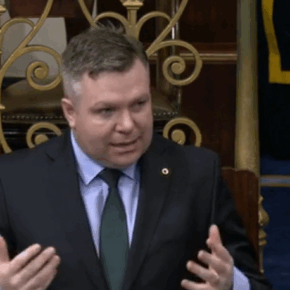Are water charges here to stay?
Dublin People 07 Aug 2015IT WILL be interesting to see if the water charges compliance rate improves this side of a general election.
No amount of spin can turn the figures into a positive story for the Government. With more than half of those eligible to pay now in arrears with Irish Water, this is very bad news indeed for Fine Gael and Labour – and the most recent polls seem to reflect this.
Equally, though, the various left wing anti-austerity parties leading the opposition to water charges won’t have taken much comfort in the polls either.
So is the non-payment of water bills a question of civil disobedience on a mass scale or simply a case of householders hedging their bets?
Some people I’ve spoken to admit to being fair weathered protesters, temporarily radicalised by the political uncertainty of the months ahead. They want to see which way the wind blows before parting with their hard earned cash.
Many are holding out in the unlikely event of water charges being abolished entirely by the next Government.
But as we’ve seen in the case of Greece, rolling back austerity measures against the wishes of our EU paymasters is not that easy.
The Frankenstein creation that is Irish Water has been handed a mammoth task, from upgrading our antiquated network of pipes to ending boil notices in rural communities.
My local beach has been closed to swimmers due to raw sewage being pumped into the sea – we jokingly boast that it has its own
‘brown flag’.
This environmental sabotage by the State is expected to continue until at least 2018 when the waste will eventually be diverted to a treatment facility.
But by delegating responsibility to Irish Water for such important infrastructural projects, I suspect that the Government is attempting to further coerce householders into paying the charge.
Want clean water in your taps? Pay your bill. Want to be able to swim in the sea? Pay your bill.
Water charges may well be here to stay, regardless of the outcome of the general election. Until then, my guess is that compliance rates will continue to be reduced to a trickle.











